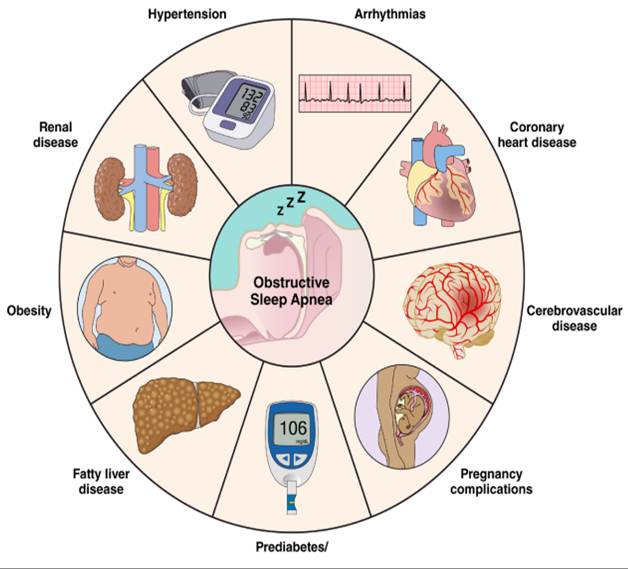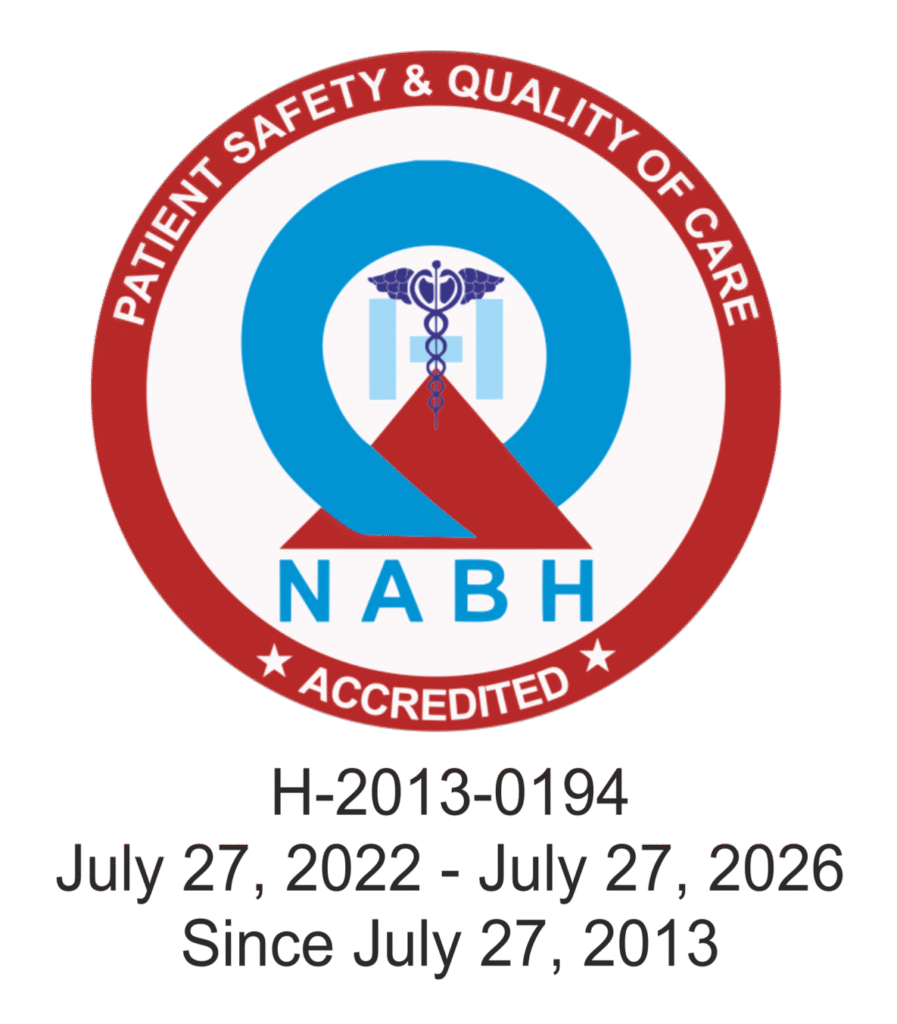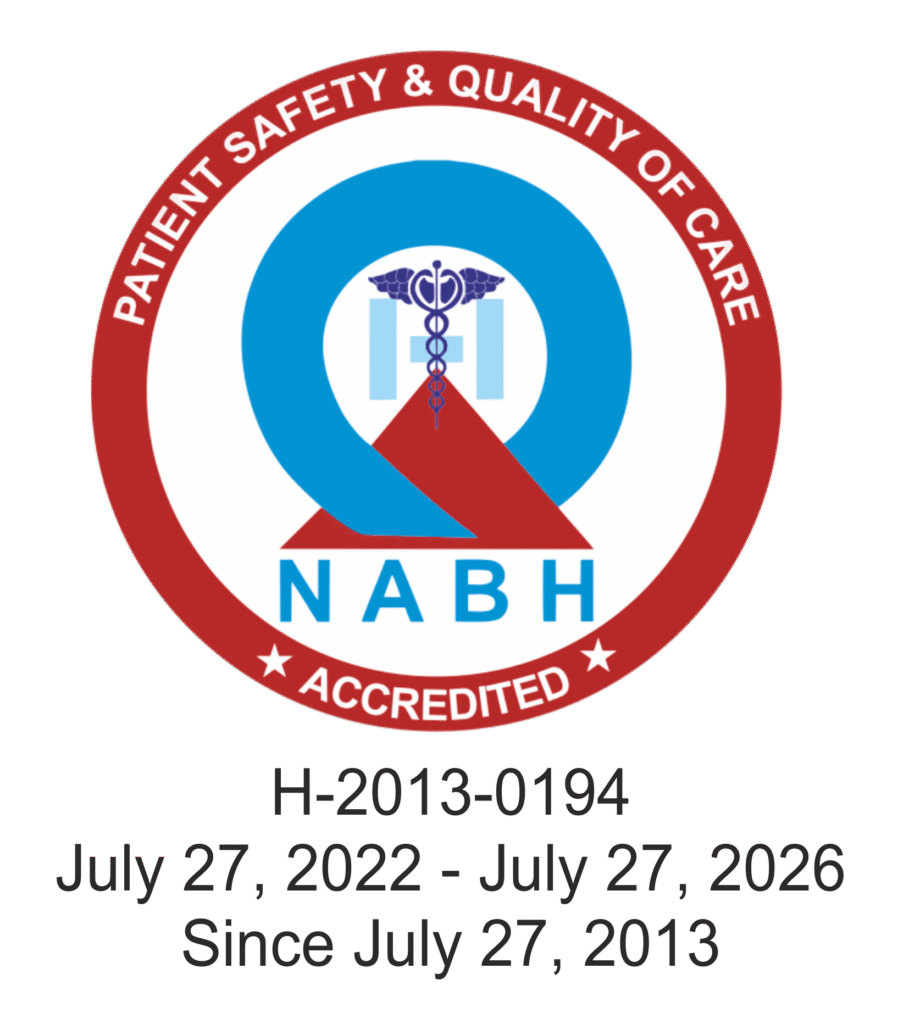Restful Sleep, Better Health
Sleep medicine is a specialized field that diagnoses and treats sleep disorders such as insomnia, sleep apnea, restless legs syndrome, narcolepsy, circadian rhythm disorders, and parasomnias. These conditions can cause poor rest, daytime sleepiness, irritability, lack of focus, and even mental health issues. At Vadamalayan Hospitals, our Sleep Medicine Department uses advanced diagnostics like sleep studies and provides treatments through medication, therapies, and lifestyle guidance to improve sleep quality and overall health. Since many sleep disorders are treatable, seeking timely medical support can greatly enhance well-being and quality of life.
Sleep medicine is a medical speciality that focuses on diagnosing and treating sleep disturbances and disorders. It has evolved from research and is now a recognized subspecialty that integrates knowledge from various medical fields, including neurology, psychiatry, internal medicine, and pulmonary medicine. The field uses advanced diagnostics like sleep studies and employs a range of treatments, including medications, therapies, and patient education, to improve overall health and well-being by addressing disruptions in sleep
Sleep disorders are conditions that can significantly affect how well we rest, leading to challenges like excessive daytime sleepiness, irritability, difficulty concentrating, and even a higher risk of anxiety or depression. It is important to recognize that there are many types of sleep disorders, each with its unique set of symptoms and impacts. Some of the most common include:
– Insomnia: This involves trouble falling or staying asleep.
– Sleep Apnea: A condition where breathing is interrupted during sleep, causing frequent awakenings.
– Restless Legs Syndrome (RLS): A persistent urge to move the legs, often accompanied by uncomfortable sensations.
– Narcolepsy: Characterized by overwhelming daytime drowsiness and sudden sleep attacks.
– Circadian Rhythm Sleep-Wake Disorders: Issues with our internal body clock that affect sleep patterns.
– Parasomnias: These involve unusual behaviours during sleep, such as sleepwalking.
The symptoms of sleep disorders can be pretty impactful, including difficulty falling asleep, excessive tiredness during the day, fatigue, mood swings, and challenges with focus or memory.
Numerous causes contribute to these disorders, making it essential to understand them fully. Factors can range from medical conditions to lifestyle influences like stress, travel, and changes in routine sleep habits.
It is crucial to emphasize that sleep disorders can significantly affect quality of life. They not just disturb our nights—they can impact cognitive functioning, work or school performance, and overall mental and physical health. Many sleep disorders are treatable, and seeking help from a healthcare provider can make a world of difference.
If you or someone you know is struggling to sleep well, remember—you are not alone, and support is available! Prioritizing sleep is vital for your health and happiness; taking that step toward better sleep can lead to profound improvements in your life. Do not hesitate to seek guidance and support on this important journey!

Common Sleep Disorder Diagnosed and Managed at our Centre
- Insomnia (lack of sleep)
- Sleep related breathing disorder like obstructive sleep apnea, Cheyne-Stokes respiration, central sleep apnea
- Parasomnia (Sleep terror, RBD, Seizure, etc.)
- Sleep and aging
- Pediatric sleep disorder
- Shift work disorder and jet lag sleep disorder
We Offer a Wide Range of Services for the Diagnosis and Treatment of Sleep Disorders.
- Diagnostic PSG (Polysomnogram)
- Positive airway pressure titration
- Split night studies
- Assessment of daytime sleepiness (Multiple Sleep Latency Test and Maintenance of Wakefulness Test)
- Consultation with sleep medicine specialist (for diagnosis and management of sleep disorders)
Our Doctors (Madurai)

If you have questions, feel free to reach out
If you experience persistent snoring, frequent awakenings, daytime fatigue, difficulty falling or staying asleep, or unusual behaviors during sleep, you may have a sleep disorder. A consultation with our Sleep Medicine specialists can help identify the issue.
At Vadamalayan Hospitals, we use advanced diagnostic tools such as overnight polysomnography (sleep study), home sleep apnea testing, and actigraphy to monitor your sleep patterns and detect disorders accurately.
Yes. Many sleep disorders can be effectively managed with lifestyle changes, behavioral therapies like CBT-I (Cognitive Behavioral Therapy for Insomnia), and the use of devices such as CPAP machines for conditions like sleep apnea. Our team tailors treatment plans based on your needs.





